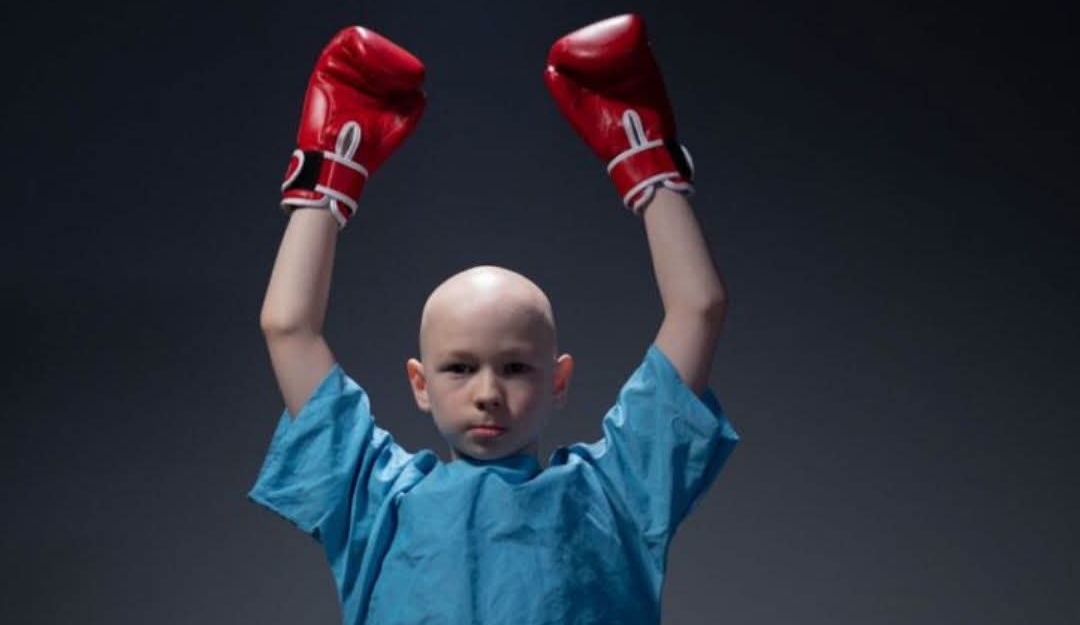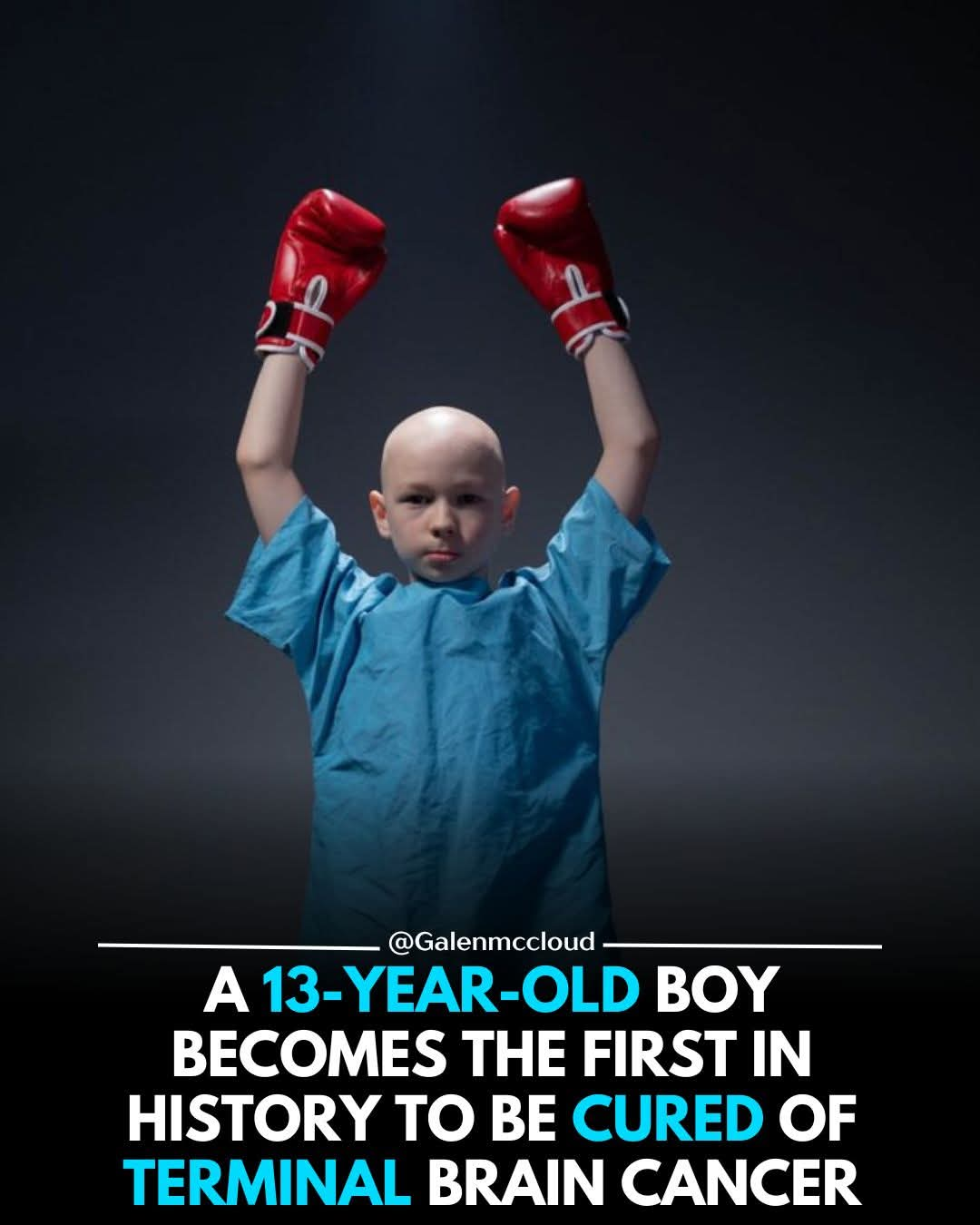NFL
A 13-YEAR-OLD BOY BECOMES THE FIRST IN HISTORY TO BE CURED OF TERMINAL BRAIN CANCER… READ FULL STORY

In what may truly be one of the most significant breakthroughs in pediatric oncology, a 13-year-old boy from Belgium has become the first person in recorded history to be cured of one of the most aggressive childhood brain cancers — Diffuse Intrinsic Pontine Glioma (DIPG). This rare and devastating brainstem cancer has, until now, been considered untreatable, with nearly all diagnosed children passing away within months of detection. Yet against all odds, this young boy, identified as Lucas Jemeljanova, defied every known prognosis and medical expectation.
Lucas was just six years old when doctors discovered the tumor growing deep within his brainstem — the region that controls vital functions such as breathing, heart rate, and motor coordination. His parents were told there was no cure, no surgery that could save him, and that most children with DIPG survive for less than a year after diagnosis. The family’s world fell apart, but instead of giving in to despair, they decided to fight for his life with every resource they could find.
Their journey led them from Belgium to France, where Lucas was admitted to the Gustave Roussy Institute — one of Europe’s leading cancer research hospitals. There, he became part of a groundbreaking clinical trial known as BIOMEDE. The goal of the trial was to use personalized, molecular-targeted therapies instead of the traditional one-size-fits-all approach. Each child’s tumor was genetically analyzed to determine which drug might work best. For Lucas, doctors selected a drug called Everolimus, a type of medication previously used in other cancers to block tumor growth by interfering with a pathway called mTOR.
What happened next left even the most experienced oncologists stunned. Over the course of several months, Lucas’s MRI scans began showing something no doctor had ever seen before in a DIPG patient: his tumor was shrinking. As treatment continued, the tumor continued to reduce in size until, remarkably, it disappeared completely. Years later, at age thirteen, follow-up scans confirmed that there was no sign of the cancer returning. Against all expectations, Lucas was alive, healthy, and cancer-free.
Dr. Jacques Grill, who leads the pediatric brain tumor program at Gustave Roussy, said he had never witnessed anything like it. He explained that in more than two decades of studying DIPG, he had never seen a case of full recovery. “Over a series of MRI scans, we watched as the tumor completely disappeared,” he said. “It was a moment of disbelief and joy for everyone involved.” Lucas is now officially considered cured — the first known case of DIPG remission in medical history.
The scientific community is now working to understand exactly why Lucas responded so dramatically while other patients did not. Genetic testing revealed that his tumor carried a unique mutation that may have made it unusually sensitive to the drug Everolimus. Researchers are currently studying Lucas’s tissue samples in detail, using advanced molecular modeling to find the biological clue that could unlock a new era of treatment for other children facing this deadly disease.
Still, doctors are cautious about calling it a miracle cure for everyone. DIPG remains one of the most difficult cancers to treat, and many children in the same trial did not experience similar results. However, Lucas’s recovery has given doctors a critical roadmap for future research — a proof that with the right molecular combination, even the most fatal cancers might be conquered.
For Lucas and his family, this outcome represents more than medical history — it’s a new beginning. His mother described the experience as “a nightmare turned into light,” saying that the doctors gave her son back his life. Today, Lucas is living as any other teenager would: attending school, laughing with friends, and dreaming about his future. His recovery stands as a symbol of hope to families across the world who are facing the same grim diagnosis their son once received.
The impact of this story has rippled far beyond France and Belgium. Pediatric oncologists across Europe and North America are now studying the BIOMEDE trial results to see how Lucas’s success can be replicated. Pharmaceutical companies have also expressed interest in developing refined versions of Everolimus and similar drugs that can target other tumor mutations. It may take years of research and testing, but the path forward has been illuminated by one boy’s remarkable survival.
What Lucas’s story proves is that medical miracles don’t always come from the lab — sometimes they come from courage, persistence, and a refusal to give up. His case has rewritten what was once thought impossible, offering a glimmer of hope to countless families who continue to pray for the same chance. The boy who was told he would not live to see his eighth birthday has now become a living symbol of possibility — the first child in history to be cured of terminal brain cancer.













